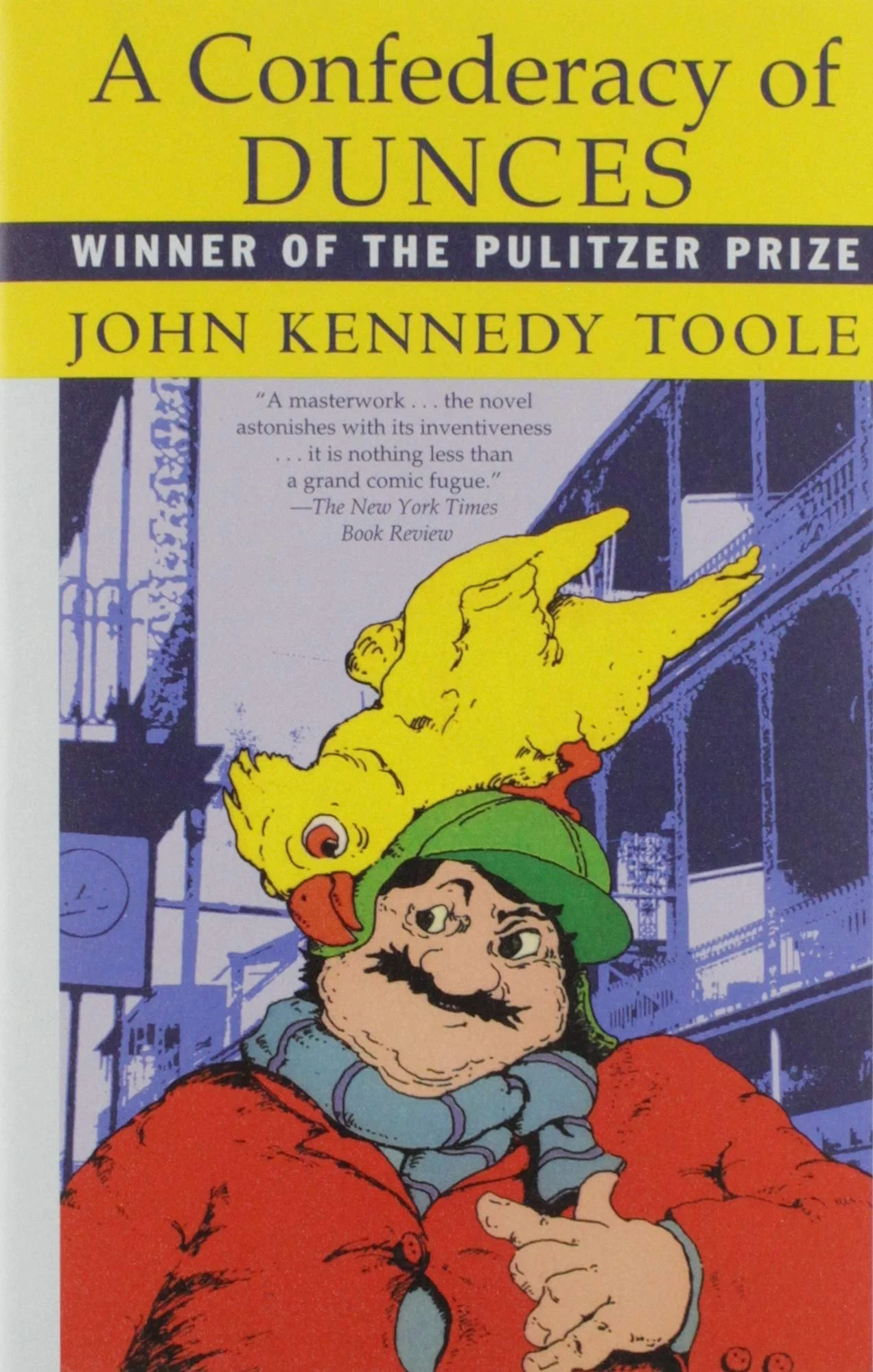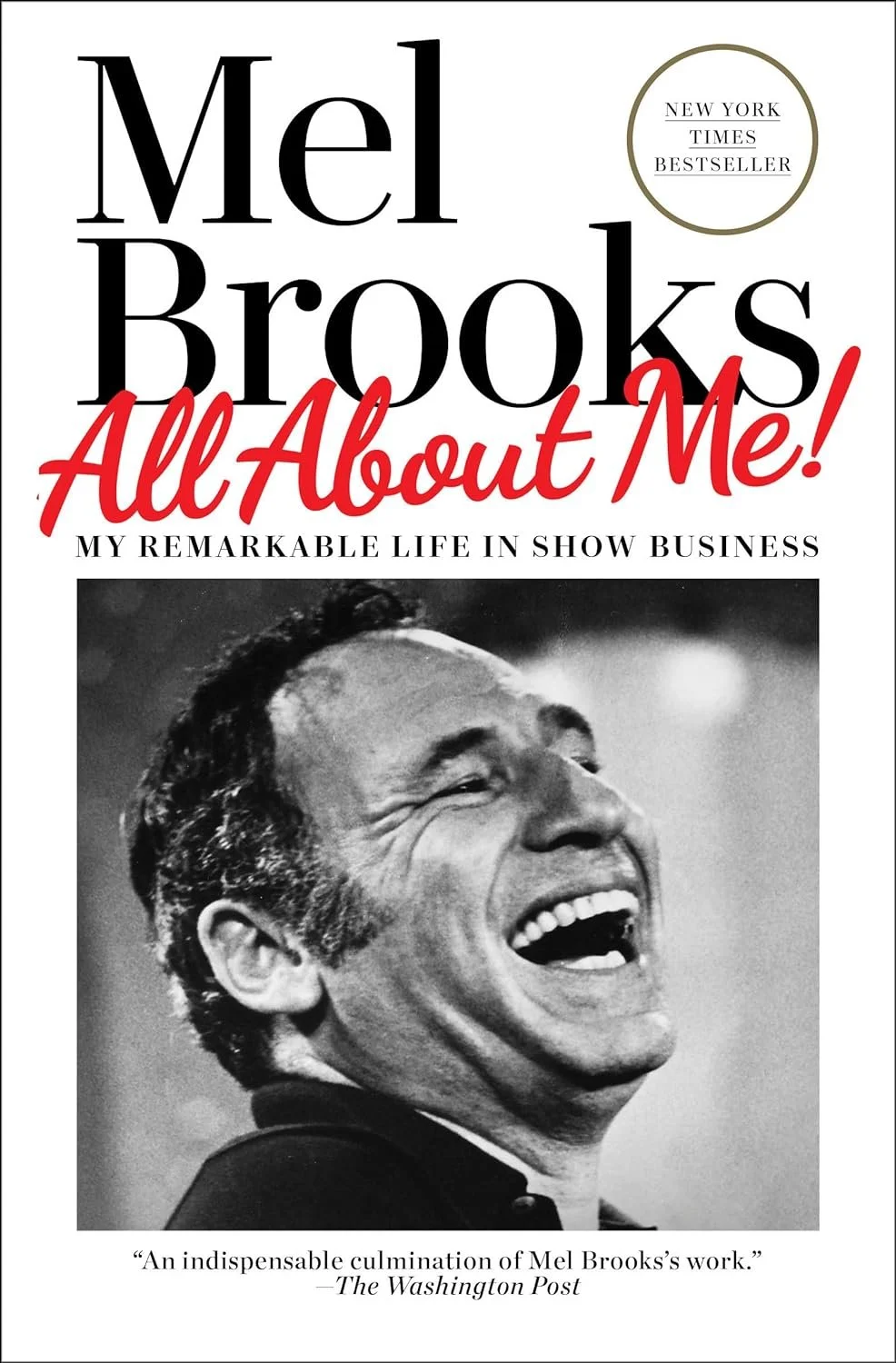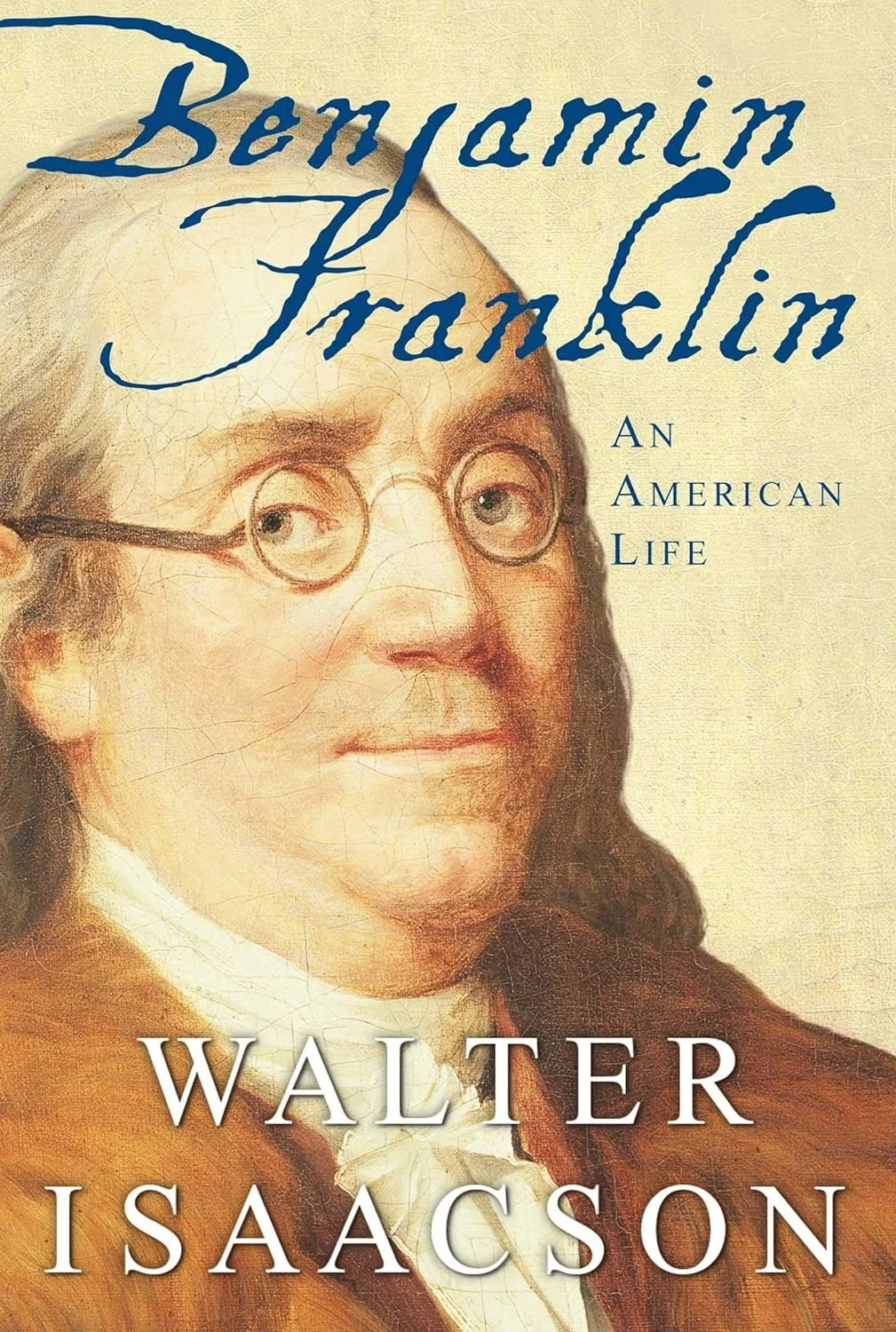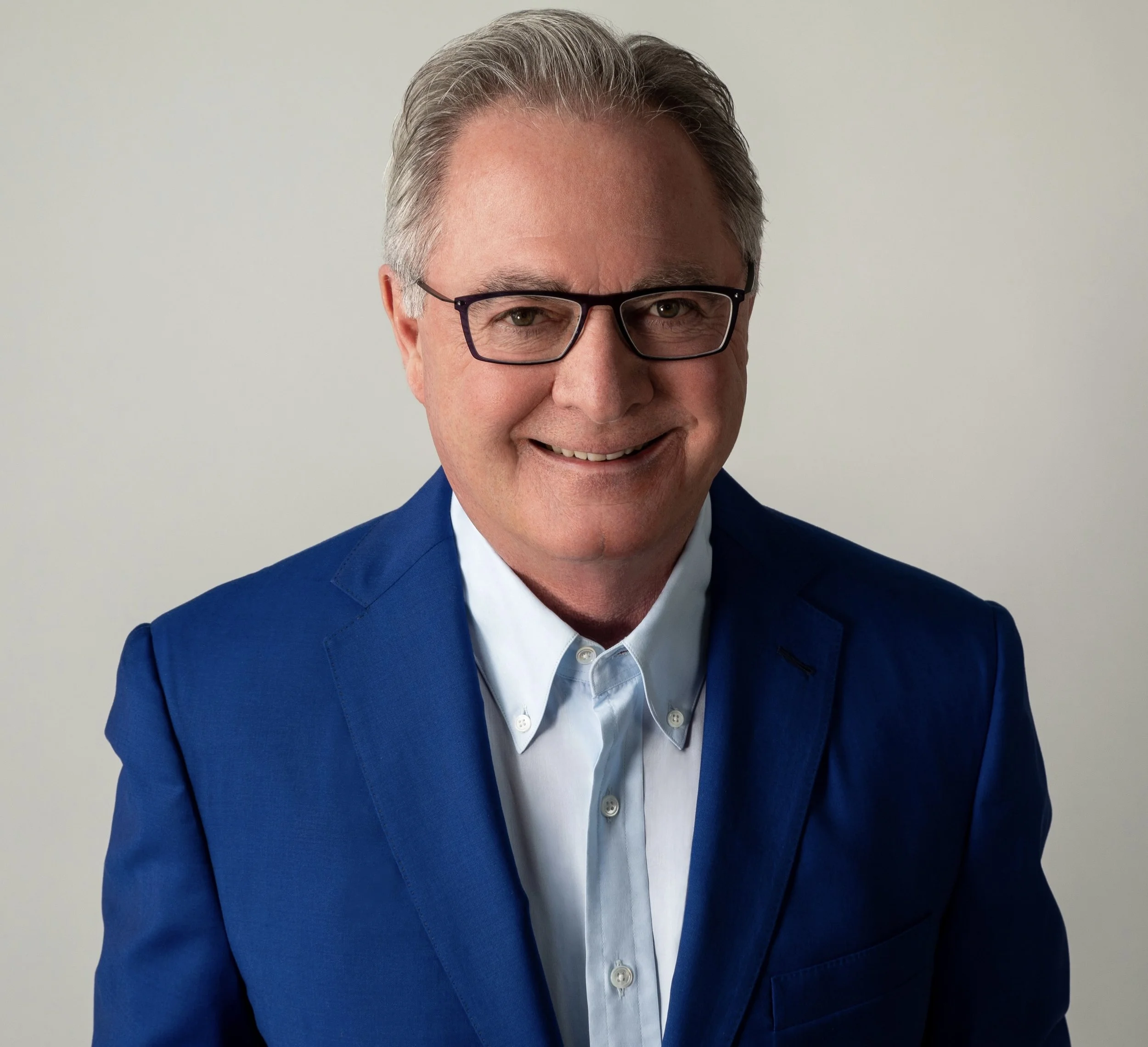Cappy McGarr
Author Interview - Cappy McGarr
Author of The Man Who Made Mark Twain Famous: Stories from the Kennedy Center, the White House, and Other Comedy Venues
About Sis Boom Baa by Cappy McGarr:
Princess Lil’ Cap and Sir Hud the Brave live a happy, peaceful life in a beautiful castle. But what happens when they’re betrayed by an old friend and banished from the kingdom? To get back home, they’ll learn how to improvise, accept help from others, embrace bravery, and believe in themselves.
About The Man Who Made Mark Twain Famous by Cappy McGarr:
In The Man Who Made Mark Twain Famous, Cappy McGarr shares how he became an Emmy-nominated founder/executive producer of the Kennedy Center Mark Twain Prize for American Humor, and got involved in national politics—all with charming southern style and a self-deprecating sense of humor. Originally published in 2021, this paperback edition comes with a brand new chapter chronicling the Mark Twain Prize ceremony honoring Jon Stewart.
Author Interview - Cappy McGarr
Author I draw inspiration from:
I would be remiss if I did not name the man who inspired so much of my book and the stories in it: Mr. Mark Twain. From a very young age, I’ve loved The Adventures of Huckleberry Finn. It has all the hallmarks of a true American classic: unforgettable characters, a charming story, hilarious satire, and a prevailing mood that captures the American spirit unlike anything else I’ve ever read.
In fact, I borrowed Twain’s “notice” from that story to open my book: “Persons attempting to find a motive in this narrative will be prosecuted; persons attempting to find a moral in it will be banished; persons attempting to find a plot in it will be shot.”
Author Interview - Cappy McGarr | Author I Draw Inspiration From
Favorite place to read a book:
Is it boring to say that my favorite place to read a book is my study? That’s the best setup. (And now you know I’m an intellectual because I read books and I have a “study.”)
But honestly, my favorite reading experiences are when you can’t put the book down, regardless of where you are. When you feel the urge to bring the book with you everywhere—the bedroom, the bathroom, the car (ideally while someone else is driving). When you find that kind of read, it matters a lot less where you’re reading it and a lot more where the author is taking you.
Book character I’d like to be stuck in an elevator with:
The first person that came to mind is Ignatius J. Reilly—the protagonist of A Confederacy of Dunces. I just know that it wouldn’t take long for hilarity and bedlam to break out. I also thought about Raskolnikov from Dostoyevsky’s Crime and Punishment, but I don’t think I need that kind of morbid energy while I’m waiting to be rescued.
Author Interview - Cappy McGarr | Book Character I’d Like to be Stuck in an Elevator With
The moment I knew I wanted to become an author:
Throughout my life, I’ve been lucky enough to encounter so many wonderful people from the worlds of politics and comedy. As a result, I’ve learned a lot about the value that humor can bring to life—especially after over two decades of the Mark Twain Prize. With this book, I got to do something I had wanted to do for a long time: to get these stories down on paper so anyone can learn the lessons I’ve been lucky enough to pick up along the way.
Hardback, paperback, ebook or audiobook:
I encourage you to enjoy The Man Who Made Mark Twain Famous in whatever format you prefer. Each has its benefits: I like hardbacks because they’re easy to read and have heft. I like paperbacks because they’re lighter and travel well. I like ebooks because if you stumble upon a title you like, you can start reading it within seconds. And I like audiobooks because you can really hear the subtleties of my world-famous Ronald Reagan impression when you listen—though I did have to lose my voice several times in the recording process.
You know what? Just to be safe, go ahead and buy the book in all four formats.
The last book I read:
I was delighted to read All About Me by Mel Brooks. It’s a wonderful, hilarious autobiography of one of the funniest people ever. I was fortunate enough to meet Mel in my failed attempt to get him to accept the Mark Twain Prize, and I can confirm that he is just as funny (if not funnier) in person as he is on the screen or on the page.
Author Interview - Cappy McGarr | The Last Book I Read
Pen & paper or computer:
I began this particular book with dictation—recording just about every story I could think of that I thought would be funny or compelling with the book. Then I had those recordings transcribed and organized them in rough chronological order. From there, I fleshed out each chapter with more memories and research to draw the parallel stories of my life, the trajectory of American politics and comedy, and the development of the Mark Twain Prize. Eventually, that resulted in a draft that I thought was perfect but that some people—let’s call them “editors”—thought was way too long. So after much back and forth, I eventually had a final manuscript that felt just right. And now, of course, I’ve added more to it again.
Book character I think I’d be best friends with:
The first person that comes to mind is a real guy: Benjamin Franklin. I’m thinking in particular of the way that Walter Isaacson portrayed him in his biography. By every account, Franklin was brilliant, hilarious, charming, and an unparalleled conversationalist. I’d like to think he would have been a blast at a Mark Twain Prize afterparty.
Author Interview - Cappy McGarr | Book Character I’d be Best Friends With
If I weren’t an author, I’d be a:
I’d be a stand-up comedian. In fact, I thought about giving it a real shot after college—moving to Los Angeles and hitting the scene. One of my mentors, the Austin City Councilman Lowell Lebermann, advised me against it, to put it lightly. To put it heavily, he said I’d “probably be dead in a ditch in two or three years from a drug overdose.” Statistically—thinking about the 1970s stand-up comedy scene—he probably wasn’t far off. But fortunately, between writing this book, shepherding the Mark Twain Prize, and cornering people at parties with jokes, I still get to find the funny every day.
Favorite decade in fashion history:
I’d have to go with whatever decade that khakis were most popular. Are those retro yet?
Place I’d most like to travel:
Janie and I absolutely adore Paris. The food, the lights, the atmosphere, the walkability—it’s a dream. And for what it’s worth, my favorite movie has long been Casablanca, all the way back to the beginning of our relationship. So how can you possibly beat a romantic stroll through Paris?
My signature drink:
I love a good glass of wine, and that preference has nothing to do with the fact that I’m allergic to beer.
Favorite artist:
If you mean visual artists, I go to Leonardo da Vinci and Vincent van Gogh. If you expand that to include musicians, I go to the all-time composers: Beethoven, Sibelius, McCartney. If artist also applies to mustachioed essayists, then I once again have to tip my hat to Twain. And if you base this answer on whose work we have displayed on the fridge, my grandkids put all those guys to shame.
Number one on my bucket list:
I’d love to hike Mt. Kilimanjaro. As long as it doesn’t accelerate the endgame.
Anything else you'd like to add:
“I would have written you a shorter letter but I didn’t have the time.”
Find more from the author:
I am on Instagram for my books
About Cappy McGarr:
Cappy McGarr is a co-creator of the Kennedy Center Mark Twain Prize for American Humor, and the Library of Congress Gershwin Prize for Popular Song. For his work producing the Mark Twain Prize, he has been nominated for a Primetime Emmy and an NAACP Image Award.
He is one of very few people to be appointed by two different presidents to the Kennedy Center. His essays about comedy and politics have been published in The New York Times, Politico, and USA Today. And in 2021, he published a book about his life and the Mark Twain Prize entitled The Man Who Made Mark Twain Famous: Stories from the Kennedy Center, the White House, and Other Comedy Venues—which earned praise from Lily Tomlin, Carole King, and Bill Murray, among others.
He serves on the board of trustees of the John F. Kennedy Center for the Performing Arts as Special Advisor to the Chairman of the Kennedy Center. He also serves on the MD Anderson Cancer Center Board of Visitors, the Lyndon Baines Johnson Foundation, and Ken Burns's Better Angels Society. McGarr is a member of the Council on Foreign Relations in New York. He is also a member of the Alfalfa Club.
A proud alumnus of the University of Texas at Austin, McGarr is a former chair of the University's Development Board; he is also the founder of the Texas Program in Sports and Media and the annual McGarr Symposium on Sports and Society at the University's College of Communication.
McGarr has been married to Janie Strauss McGarr for 45 years. He has two daughters, Elizabeth McGarr McCue and Kathryn McGarr, as well as two grandchildren, Annette Cap McCue and Hudson McCue.











